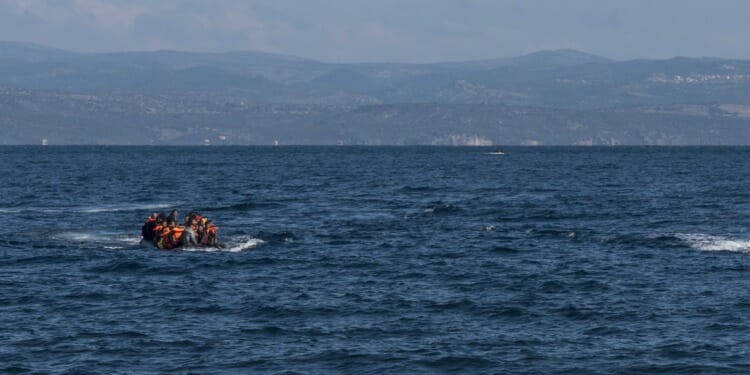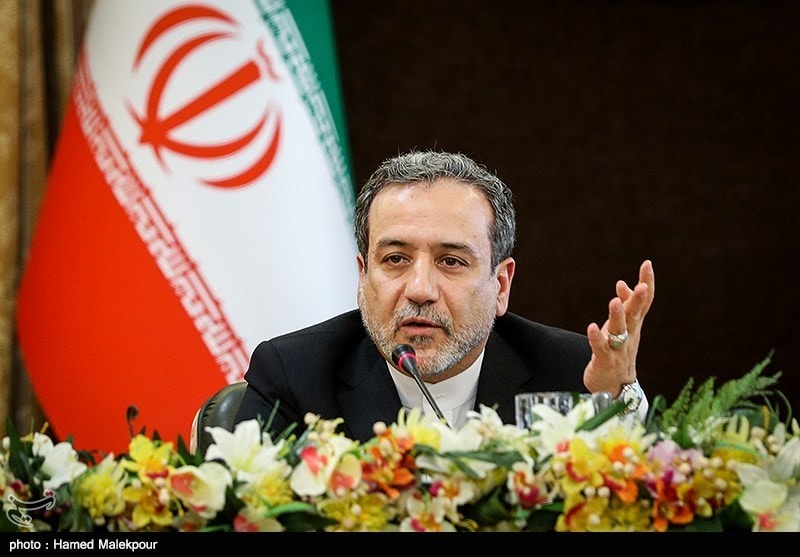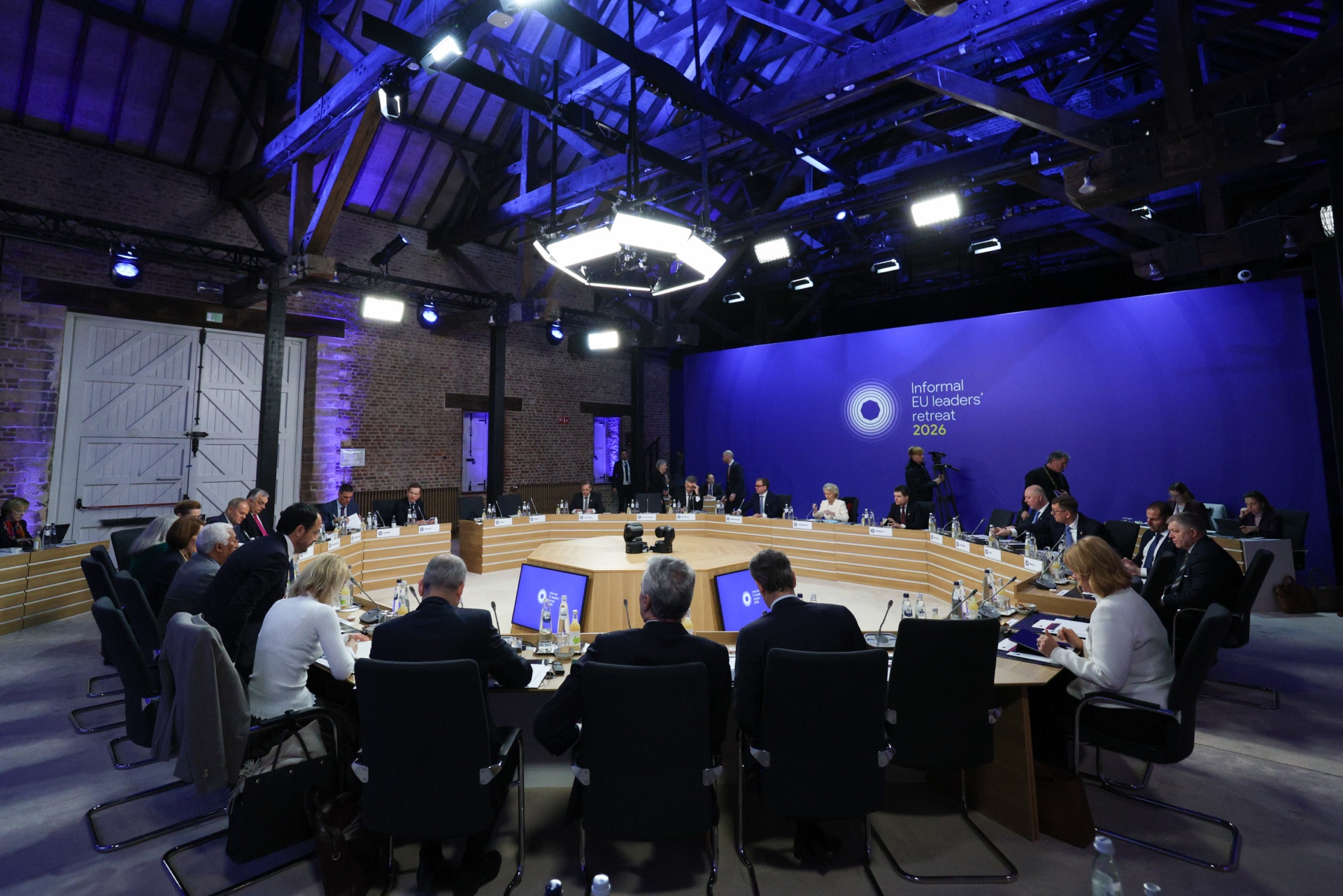Unlawful pushbacks and violence against asylum-seekers and migrants are commonplace at the European Union’s external border. From the Western Balkans to the Aegean Sea, there have been consistent reports of physical assaults, reckless endangerment and rights abuses of asylum seekers and migrants. Several NGOs, including Amnesty International and Doctors Without Borders, have sought to gather personal testimonies from migrants who have been victims of these illegal activities. Although, due to lack of visual evidence and concrete details, the denial of these activities by governments near EU borders has remained unquestioned until last week.
The Lighthouse Reports published an exposé of “a previously deniable campaign of illegal, violent pushbacks in Croatia, Greece, and Romania by masked men whose uniforms have been stripped of any identifying details.” They led a joint investigation with eight other newspapers, whereby journalists spent eight months gathering testimonies, tracing chains of command, tracking social media as well as satellite imagery and following the money trails back to EU funds.
Journalists filmed scenes and obtained video footage with powerful lenses and drones. They recorded 11 pushbacks at five different locations, which was corroborated by interviews from several whistleblowers within the police force or the coast guard, as well as witness accounts from pushback victims across Croatia, Greece and Romania. The presence of an alleged campaign orchestrated by special police forces and their systematic use of force upon migrants trying to enter the EU was no longer deniable.
Pushback is defined as a set of measures by which refugees and migrants are forced back over a border without consideration of their individual circumstances and without any possibility to apply for asylum or to put forward arguments against the measures taken.
It directly violates several EU laws, notably the prohibition of collective expulsions, as well as the Geneva Convention on Refugees, which recognises the right of persons to seek asylum from persecutions in other countries.
CROATIA: OPERATION KORIDOR
The report includes claims from a whistleblower that the actions of the masked men in Croatia were part of a national operation codenamed “Koridor,” partly financed by the EU’s Internal Security Fund.
Through a closer examination of one video, journalists revealed the masked men to have equipment and uniform identical to those worn by the Croatian police riot control branch, called the Intervention Police — trained in targeting drug dealers. The report concludes the unmasked men to be a part of the broader official Croatian police force.
The whistleblower says his unit regularly uses physical force against asylum seekers. He expresses that there have “been cases where they have beaten up groups so badly that each of them ended up in hospital.”
Related Articles: Europe’s Migration Problem: Why It Is Hard to Solve | Everything Wrong With the British Press’ Migrant Narrative
The story of a 16-year-old girl called Nazila is an example of the effects of the pushbacks and its illegality. After she was born in Afghanistan, her family left for Iran before seeking refuge at Camp Moria in the Greek Island of Lesvos three years ago. Subsequently, her family decided to risk the Balkan route. She has been a victim of illegal and violent pushbacks several times, and has not yet been allowed to apply for asylum.
These pushbacks are said to occur away from official border crossings. Reports demonstrate they are partly performed by officers from the Croatian Intervention Police and work together with additional Croatian police units who have better knowledge of the terrain.
GREECE: THE UNLAWFUL USE OF THE SEA
Journalists have also reported on the dangerous and perfidious forms of pushback in the Aegean islands. This is where Greek security forces would directly bring migrants, hiding within their territory, back to the sea and leave them in boats with no motor and without life vests.
https://twitter.com/LHreports/status/1445815667945508864
Violence seems to be escalating within these territories with migrants’ human rights being entirely disregarded and violated. As one coast guard officer says, “the order is: nobody gets through.”
THE EU’S RESPONSE
The EU Home Affairs Commissioner, Ylva Johansson, expressed her shock and concern. She is pushing for greater use of an independent monitoring mechanism, whereby organisations from civil society are to monitor the national officials at the EU’s external border. Yet, she called her discussions with the Croatian and Greek ministers “very different,” with Greece being uninterested in conducting any kind of serious investigations.
The Council of Europe’s Commissioner for Human Rights also tweeted a response:
Shocking findings @LHReports add to long line of reports on unacceptable normalisation of #pushbacks & violence vs. asylum seekers & migrants. High time for @coe states to investigate effectively, take action, hold each other to account & end such serious #HumanRights violations
— Commissioner for Human Rights (@CommissionerHR) October 7, 2021
A Balkan researcher at Amnesty International, Jelena Sesar, claims the EU’s executives “continues to turn a blind eye to the staggering violation of EU law, and even continues to finance police and border operations in some of these countries”.
She adds: “European Commission funding has been used by Croatian authorities to buy police equipment and even pay the salaries of border officials, rendering the EU complicit in these violations.”
Words are no longer sufficient in saving migrants from violence and injury, nor to safeguard their human rights of claiming asylum
The EU’s founding values are “human dignity, freedom, democracy, equality, the rule of law and respect for human rights,” and thus, action should ensure these values are upheld with more sincerity and that transparency in reporting is ensured.
Editor’s Note: The opinions expressed here by Impakter.com columnists are their own, not those of Impakter.com. — In the Featured Photo: Boats approaching the island of Lesbos, Greece. Featured Photo Credit: Wikimedia Commons.













